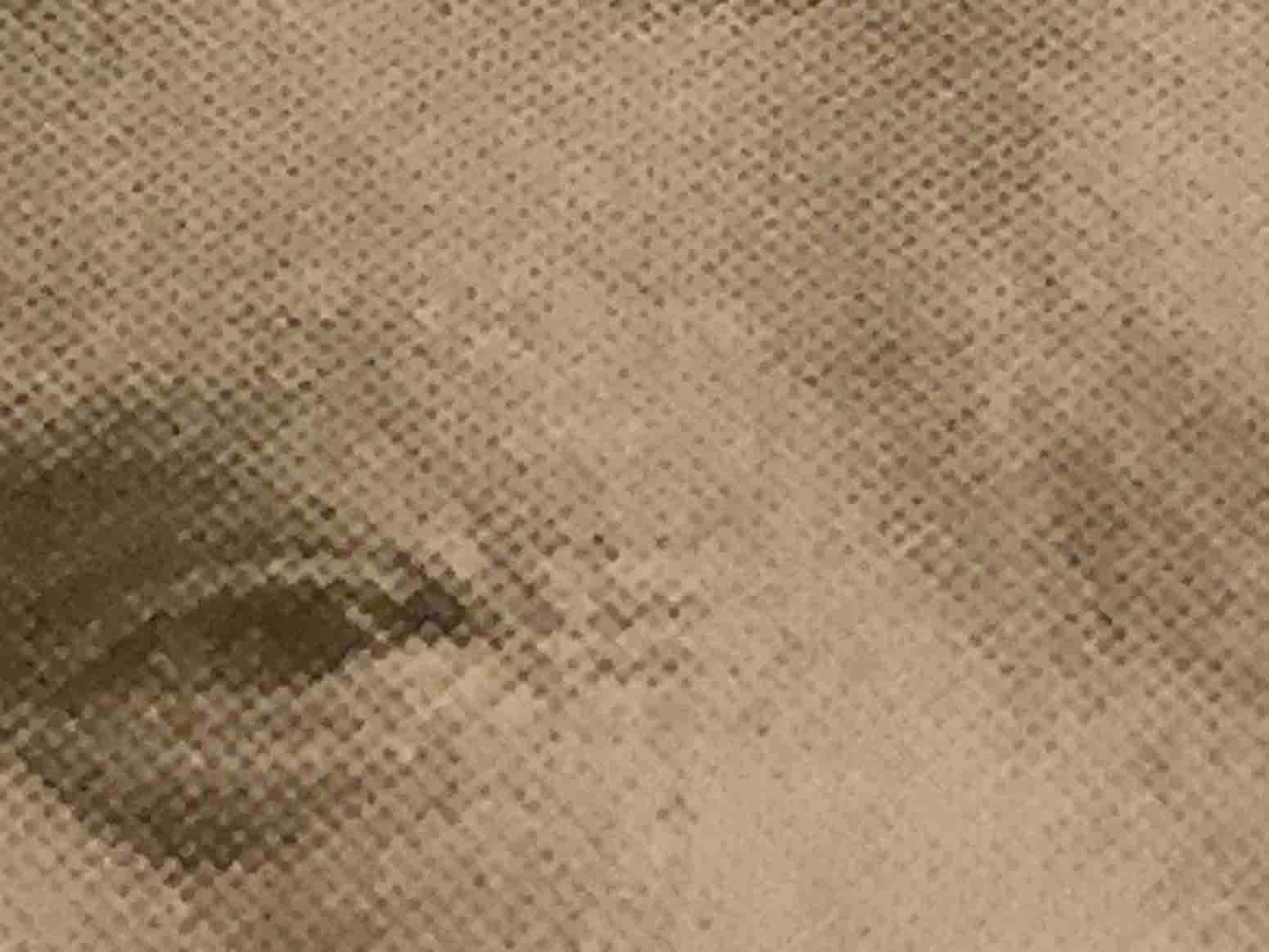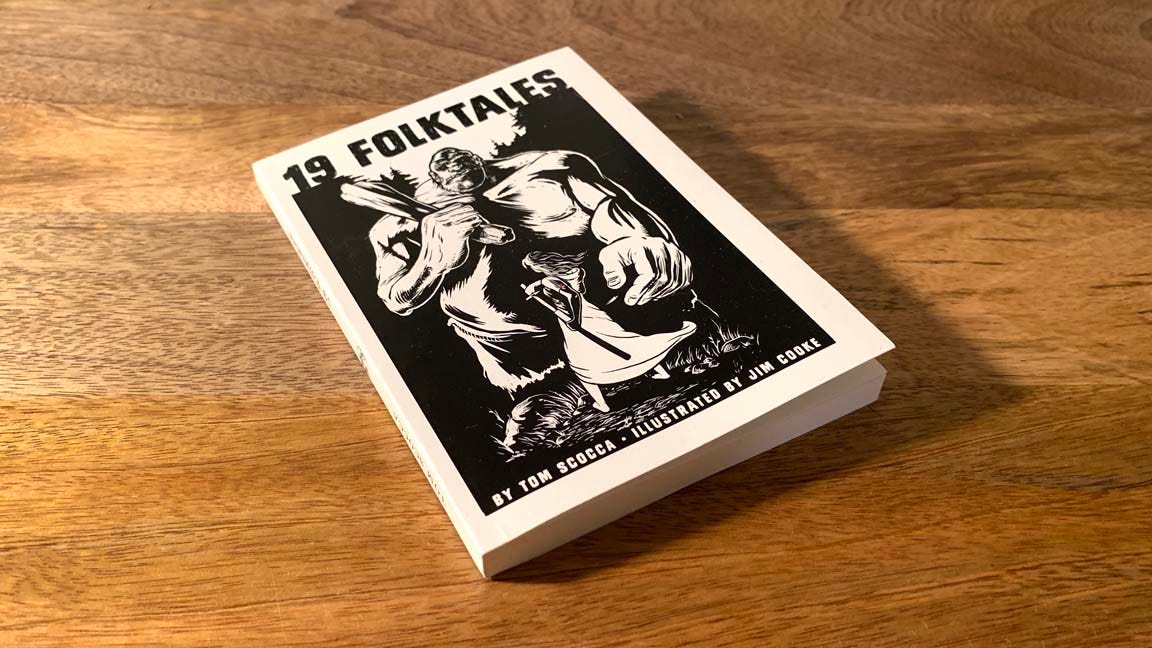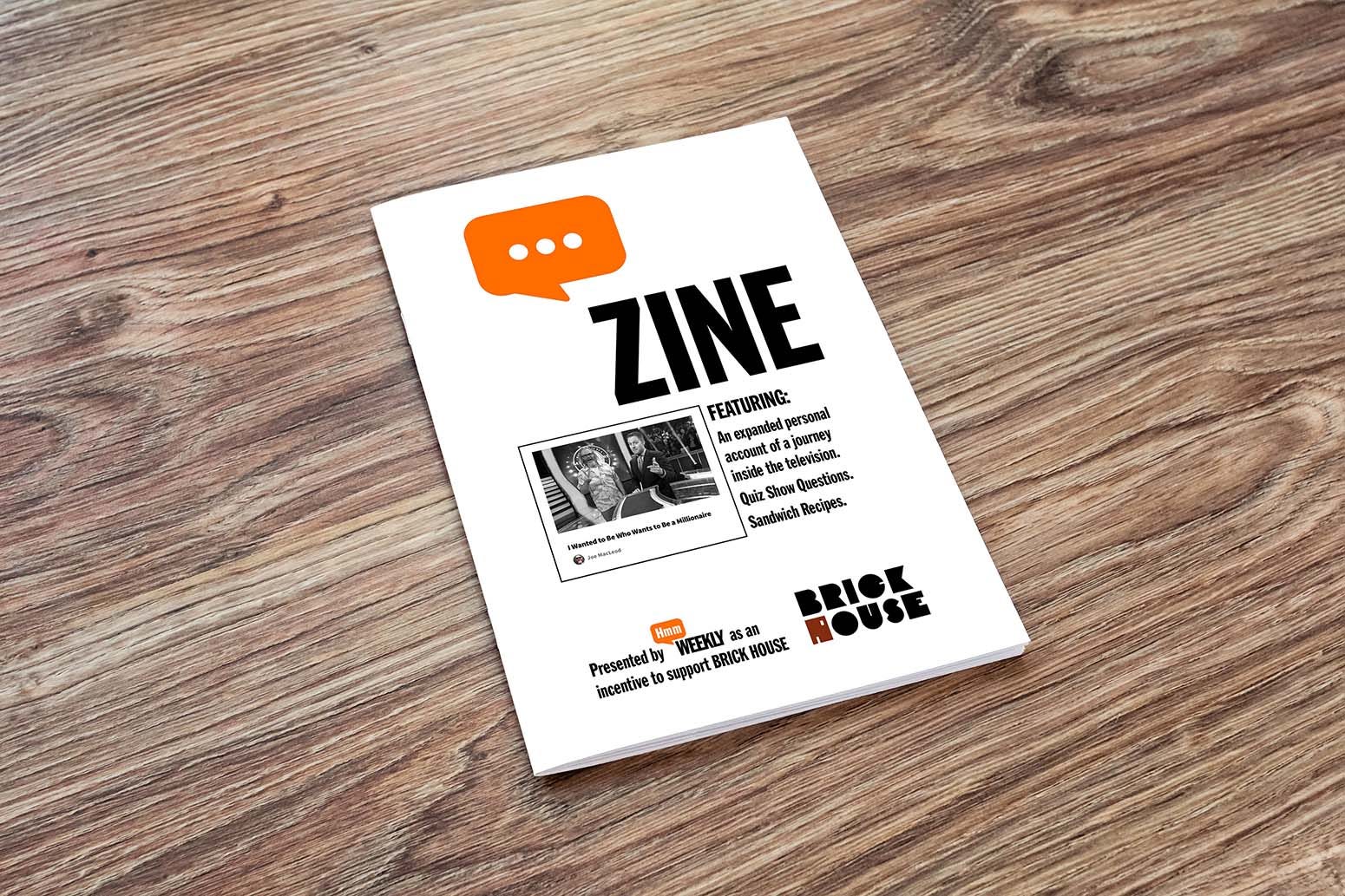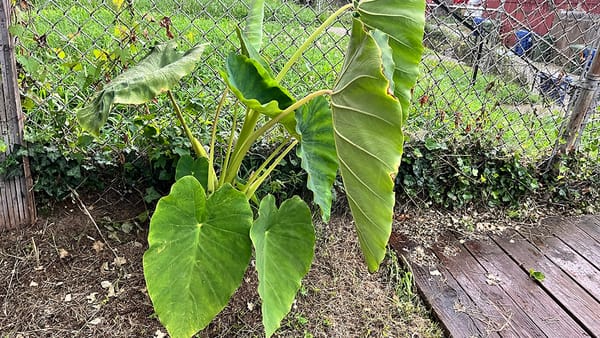Make the Wayback Machine the real internet.
INDIGNITY VOL. 3, NO. 117

FUTURE PAST DEP'T.
The Archive Is the Thing That's Worth Browsing Now
I WAS TRYING to find a lost article on the internet. It had been published 14 years ago on a website that stopped updating 5 years ago and had bounced between different platforms during its existence. Somewhere along the way, something broke, and the original URL led to a 404 error page.
So I went to the Internet Archive, pasted the URL into the Wayback Machine, and clicked on an early snapshot of the page There, through a slightly janky aperture, was the story I was looking for.
A day or two earlier, I'd been looking up an online video game I'd previously written about. I'd published the item five years ago, with a link to the game, but now that link brought up a frowny-face page logo in Chrome with a "DNS_PROBE_FINISHED_NXDOMAIN" message. Through the Wayback Machine, though, it was still playable, albeit with a dead zone for steering where the top edge of the game neared the Wayback Machine frame.
The Internet Archive and its Wayback Machine have been helping people do these sorts of things for a long time. (Disclosure: funders of the Internet Archive also funded the Indignity staff's brief but enjoyable spell of running Popula.) Link rot and the general instability of the publishing and hosting businesses—and of their underlying tech—have always been breaking down the pieces of the internet, even as the internet kept expanding. Whenever you stumble over one of the resulting gaps, you can more often than not fill it in with the Internet Archive's snapshot of what used to be there.
But what happens when the entire internet is one big series of gaps? The information system everyone has relied on all these years seems to be caught up in a transition from "constantly breaking" to just "broken." The current platforms are either unusable or on their way to unusability, caught up in their individual yet identical cycles of what Cory Doctorow diagnosed as "enshittification":
first, they are good to their users; then they abuse their users to make things better for their business customers; finally, they abuse those business customers to claw back all the value for themselves. Then, they die.
As the dominant outlets on the web chase ever more abstruse and ahuman revenue models, they become worse and worse sources of information. It's nearly impossible to browse Amazon—Amazon!—to find reliable products you might want to buy. Not even Facebook knows what you're supposed to do on Facebook. Reddit users got so sick of the executives running Reddit they went on strike.
And Google—! Google, after spending a quarter-century making its search engine the unchallenged index and central access point of the internet, is actively degrading that search engine's performance. More and more of the underlying information, the collective product of billions of users, is obstructed behind Google's own proprietary glosses on it, machine-generated and error-riddled and biased toward the most recently posted material.
Humans taught themselves how to structure their information to appeal to Google's machinery, and now machines have copied and outstripped the humans to publish text even better suited to impress the machines. Google is racing to build its own next-wave synthetic-information machinery; the large language models are training on the output of large language models; gray goo is burying the accumulated knowledge of the last 30 years.
What if you could just look things up and read them on the internet? Things produced by humans, for humans to look at, before the decay and mandatory demolition took over? What I want, I realized while rummaging through the Wayback Machine, is a browser plugin that turns the whole thing inside out: making the archive into the default internet, and the current active internet into a background option.
This wouldn't solve the online shopping problem, and it would make it hard to read the newspapers. But if you wanted to learn about something by looking it up online, you could do it just like you used to. The browser would have a search engine that actually searched its contents, and if you clicked on a result from it, it would take you to the earliest version of the page. A little slider, like on Google Earth, could move you through subsequent versions. And if you really wanted it, a toggle button could take you to the current-day version, so you could see what's become of it. But why would you? The old internet is the internet of the future!

WEATHER REVIEWS

New York City, July 16, 2023
★★★★ The rain had forced its way through the window screen to speckle the glass behind it. Storms kept coming in ever-shifting forms: now a stretch of nighttime blackness, now the all-engulfing light gray of a solid downpour; now a blast of thunder. Well after the rain had stopped, the tree drip was stirring up the birdbaths down below the balcony. The stairwell was stifling with humidity; the rock face and wall by the Park were green with lush lichen or algae and moss. Leaves drooped and a cloud of gnats seethed. Not all the benches were empty but most of them were. The usually clear water where the Pool drained toward the waterfall was turbid and brown in its depths. The silty bottom layer caught on the lip of the fall and the mostly clear top spilled over, taking with it a few stray wisps of murk. A squirrel dropped five feet from the end of a sagging plane tree branch and bounded along the grass. The tranquil little falls above the Pool, where the birds usually bathe, was half whitewater.

VISUAL CONSCIOUSNESS DEP’T.
Still at Speedy Liquors in Parkville, MD

More consciousness at Instagram.

EASY LISTENING DEP’T.
INDIGNITY MORNING PODCAST
Indignity Morning Podcast No. 108: The story that belongs on the front page in 2023.
Tom Scocca • Jul 17, 2023

Listen now (5 min) |
Read full story →

SANDWICH RECIPES DEP’T.
WE PRESENT INSTRUCTIONS for the assembly of select sandwiches from "Dame Curtsey's" Book of Recipes, by Ellye Howell Glover, Author of “Dame Curtsey’s” Book of Novel Entertainments, etc. Published in 1909, this book is in the Public Domain and available at archive.org for the delectation of all.
Nut Sandwiches
TO two parts of almonds, chopped fine, add one part each of hickory nuts and English walnuts also chopped fine and the mixture moistened to a paste with cider, not too sweet. Sprinkle on grated cheese and place on white bread.
Peanut Sandwiches
SPREAD thin slices of white bread with mayonnaise dressing and cover well with ground peanuts that have been well roasted. Served with sherry they are delicious.
If you decide to prepare and attempt to enjoy a sandwich inspired by this offering, kindly send a picture to us at indignity@indignity.net.

MARKETING DEP'T.

19 FOLKTALES collects a series of timeless tales of canny animals, foolish people, monsters, magic, ambition, adventure, glory, failure, inexorable death, and ripe fruits and vegetables. Written by Tom Scocca and richly illustrated by Jim Cooke, these fables stand at the crossroads of wisdom and absurdity.

HMM WEEKLY MINI-ZINE, Subject: GAME SHOW, Joe MacLeod’s account of his Total Experience of a Journey Into Television, expanded from the original published account found here at Hmm Daily. The special MINI ZINE features other viewpoints related to an appearance on, at, and inside the teevee game show Who Wants to Be A Millionaire. Your $20 plus shipping and tax helps fund The Brick House collective, a Publishing Concern featuring a globally diverse set of publishers doing their own thing, with interesting items and publications available for purchase at SHOPULA. This all goes to help the Brick House collective continue to be an independent alliance and not depend on Advertisers or a Billionaire who wants to be the president of Twitter. Thank you.
Thanks for reading INDIGNITY, a general-interest publication for a discerning and self-selected audience. We depend on your support!






